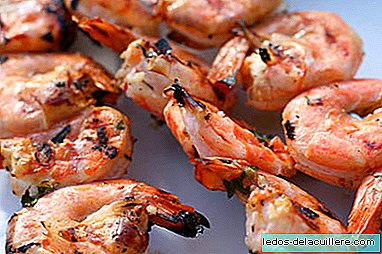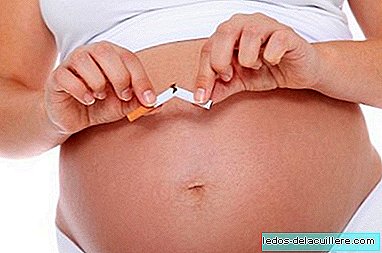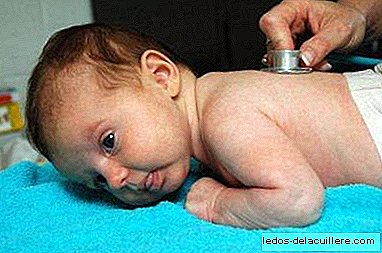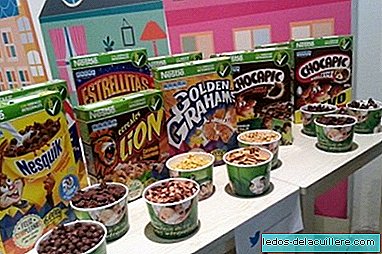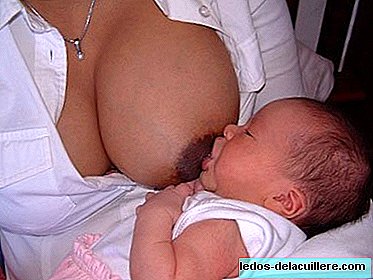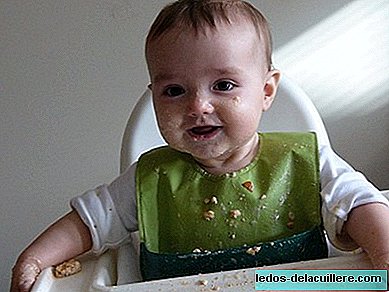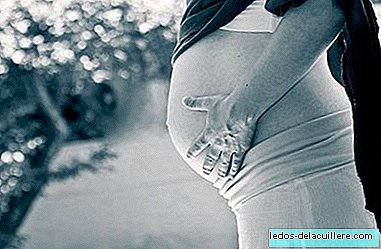
The first of our ten tips for a healthy and happy pregnancy was to eat and drink in a healthy way. That is why we dedicate considerable space in our blog to these topics, and today we bring you some nutrition recommendations during pregnancy.
During pregnancy the feeding should be more complete, varied and balanced to guarantee the health of the woman and that of the future baby.
During this period the woman's body must cover the extra needs of energy, protein, vitamins, minerals and carbohydrates that the baby demands for its proper development.
Pregnant woman you should not consume alcoholic beverages, since they can cause damage to the physical and mental development of the baby. Alcohol reaches the baby through the placenta. That the baby weighs less at birth, grows more slowly or has congenital problems are just some of the risks we run if we drink alcohol during pregnancy. It could also cause problems to the development of pregnancy.
During pregnancy you should reduce the consumption of caloric foods: sweets, pastries, fats (butter, margarine), sausages, fatty meats and sugary drinks.
A pregnant woman can make three daily meals, which should be extended to five or six, taking "healthy" snacks, such as fruits or dairy.
Although it is not a stage to do regimen, we do have to control the weight gain for the sake of our health and the baby. The ideal weight gain during pregnancy is between 9 and 12 kilos, although it depends on each specific case the gynecologist will assess whether a lower or greater weight gain is justified or does not involve risks.
We must include in the diet foods of all groups: vegetables, fruits, legumes, eggs, low-fat dairy, cereals and their derivatives (bread, rice, pasta) preferably whole grains, fish and lean meats. From the second half of pregnancy, energy needs will increase between 250 and 300 extra calories per day.
Pregnant women should increase fluid intake: water, infusions, broths, non-sugary fruit juices and soft drinks. During pregnancy it is necessary to increase the daily fluid intake between 0.5 and one liter due to the expansion of plasma volume and that 90% of breast milk is water.
Regarding the properties of meals, we must consume foods rich in folic acid, calcium and iron. Green leafy vegetables, fruits such as orange or banana, legumes, cereals ... can give you folic acid. Dairy products are rich in calcium. Foods that contain iron include legumes, spinach and chard, eggs, fish, meat and shellfish such as cockles and clams. In addition, the latter will provide the iodine necessary for pregnancy.
Following these nutrition recommendations during pregnancy and taking care of the gynecologist's advice to follow up, we will enjoy a healthy pregnancy and also take care of the health of the future baby.



